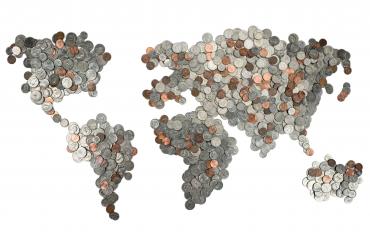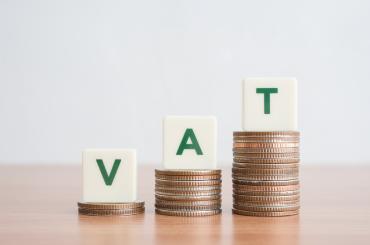
state capacity
-

Building state capacity in fragile states: Evidence from Afghanistan
The Mobile Salary Payment (MSP) reform in Afghanistan was an ambitious effort to build administrative capacity in one of the world’s most fragile states. Evidence on its impacts sheds light on what helps to improve state performance, and how fragilit...
-

Rethinking evidence and refocusing on growth in development economics
What is the problem with relying exclusively on rigorous evidence? Is economic growth essential for human well-being?
-

How can lower-income countries collect more taxes?
Governments must make targeted investments in their tax capacity to increase tax revenues
-

VAT in developing countries: flawed, but irreplaceable
Informality, compliance costs, and weak administrative capacity all constrain the effectiveness of VAT in lower-income countries. However, it is a crucial source of revenue that is better than the alternatives, so governments should focus on reforms ...
-

State capacity and the development of the US
What was the role of state capacity in the economic development of the US?
-

Does low state capacity set a ceiling on tax rates? Evidence from the DRC
Reducing tax rates increases tax revenues when enforcement capacity is low. However, low-capacity states can invest in tax enforcement to shift up the revenue-maximising tax rate.
-

Do NGOs undermine government capacity? Evidence from health services in Uganda
NGO provision of health services in rural Uganda either complemented or undermined government capacity, depending on the supply of skilled labour
-

Fighting a losing battle: The challenges of combatting international profit shifting
Chile’s OECD-aligned tax reform did not shift transfer pricing behaviour or generate additional tax revenues.
-

Ghosting the tax authority: Fake firms and tax fraud in Ecuador
Ghost firms help real firms evade significant sums in tax, but the tax authority developed an innovative way to recover the revenue from cheating firms